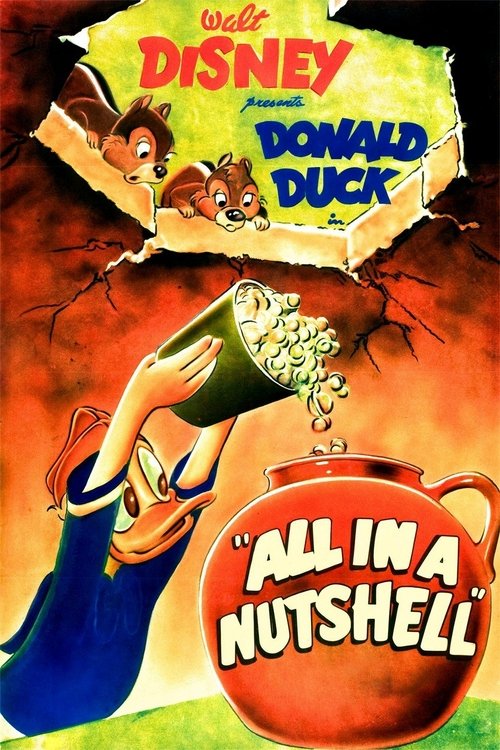
However, he turns out to be the most interesting personality of all. His appearance in the cover art places him squarely in uncanny valley territory. Adam, one of 25 Adam-and-Eve androids put up for sale.Miranda, the ambivalent, oftentimes secretive, upstairs neighbor.Charlie, the narrator, an impulsive, tech-junkie thirty something who squanders his inheritance to purchase Adam and who has the hots for his upstairs neighbor.(Those who do not wish the book’s plot to be spoiled-you noblest of readers-please feel free to scroll down to “End Of Spoiler”) There’s a lot going on politically (Falklands War) and in the plot that I won’t get into…but here’s my very basic outline, followed by my take on the novel’s ambiguous ending. Since the internet can provide a detailed summary for anyone interested, suffice it to say this is an alternate history which takes place in a more technologically-advanced version of the 80’s, one in which Alan Turing is still alive. Maybe you’ve read it and can tell me what you think? So much so that I wonder if I may have read too deeply into it, finding things in it that weren’t really there. One of the things I appreciated about Machines was its richness and depth McEwan trusts readers to sift through the layers and come to their own conclusions.

So… If you haven’t read the book yet and intend to, stop reading this right now and go get the book. Worse yet are the second-hand interpretations by reviewers and…bloggers. And, quite frankly, hearing the writer’s take on his own book is less interesting to me than hearing what the book itself has to say I don’t like going into it with preconceived notions hand-delivered by the author. As I see it, a good story is a good story, call it what you will.

There a number of online reviews that take aim at the author rather than the book, particularly regarding his unfortunate comments in a Guardian interview in which he appears to want to distance himself from the Sci-Fi genre. But anyway, these are fairly minor grievances. Some might say this info-dumpy stuff is perfectly fine in Sci-Fi-I don’t. Plus, pages and pages were devoted to explaining the alternative history when it could’ve been more integrated into the plot-details only appearing when relevant-or at least summarized with far fewer words. My main gripe with Machines is the long digression on the P versus NP problem, which could’ve been boiled down to a paragraph for the sake of moving the story along. If he were tasked with writing instruction manuals, they’d be page-turners. As one member of my book club put it, “I’d read anything he wrote.” Yes.

I can’t say it was my favorite of his, but he set the bar pretty high with Atonement and On Chesil Beach.

Ian McEwan’s first “sci-fi” novel, Machines Like Me, published earlier this year, has not been getting the best reviews, but I found it enjoyable to read.


 0 kommentar(er)
0 kommentar(er)
